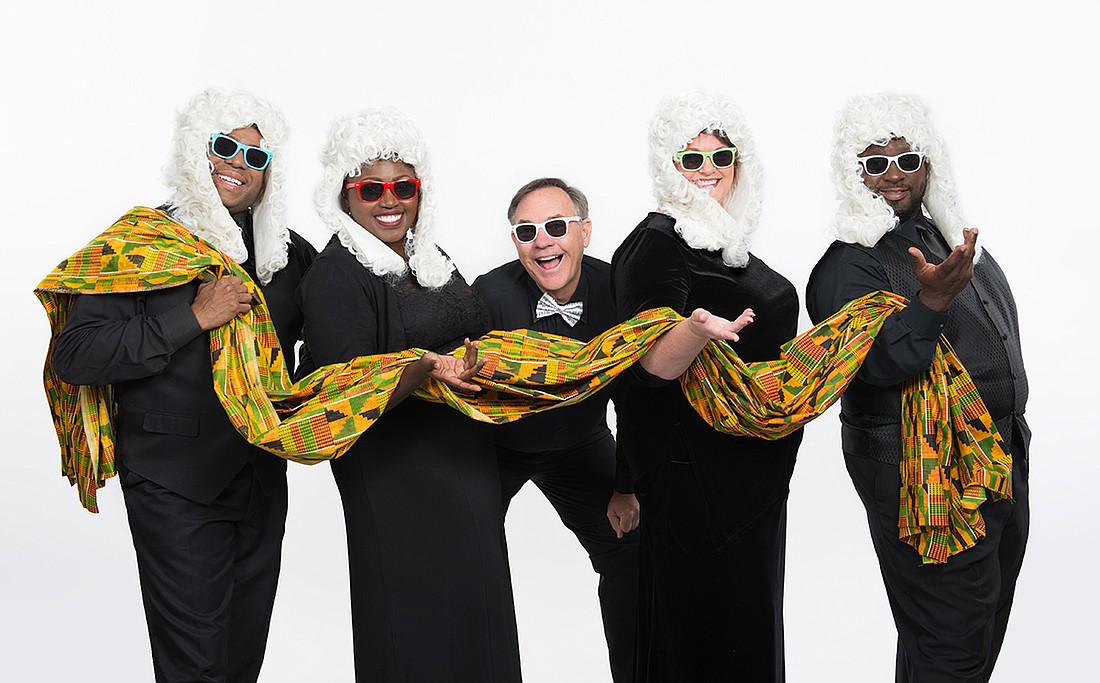- November 23, 2024
-
-
Loading

Loading

When it comes to Christmas music, few classical works are as synonymous with the holiday as Handel’s “Messiah.”
The oratorio, first performed in 1742, has since become one of the most performed — and most recognizable — pieces of choral music.
“Messiah” is known for its three scripture-inspired movements, following the story of Christ and ranging in tone from somber and gentle to exuberant and celebratory.
In this Sunday’s Gloria Musicae concert in collaboration with Westcoast Black Theatre Troupe, Handel’s “Messiah” will take on a new life, complete with electric bass, a Hammond B3 organ and 13 high-energy gospel singers.
Composers Bob Christianson and Gary Anderson co-arranged the concert, called “Too Hot to Handel,” in 1993 from an original concept by Marin Alsop. This, however, will mark the first time the revamped version will be performed in Sarasota.
When Gloria Musicae conductor Joseph Holt first heard the remake, he knew it was something he wanted to pursue.
“When the recording first came out, I was so taken by it,” he says. “It speaks to me as a musician and also as a Southerner, having been raised in that gospel atmosphere. Sometimes you come across something that feels so right, it’s like putting on a glove. I knew I had to do it at some point.”
Holt decided this was the year to make it happen. When looking for singers to bring the gospel flare to the re-imagined music, Holt says WBTT was the obvious choice.
“They are phenomenal performers,” says Holt. “And a lot of them are uniquely versed in gospel style, so incorporating them into our chorus made all sense in the world.”
For the performance, 13 WBTT singers will join Gloria Musicae singers, both in the chorus and as soloists. Founder and Artistic Director Nate Jacobs is one of the soloists. He says the piece was intriguing, and its demands for gospel styling and improvisational elements made it a perfect fit.
“I was so tempted by it,” says Jacobs. “I couldn’t say no. It’s been interesting to see their chorus members learning a whole new style. It requires different inflections and different phrasing to get that gospel sound. You have to find that different rhythm and arrangement. All of us singing combined sounds phenomenal.”
So just what does an 18th century oratorio performed with a gospel flair sound like?
Some initial skepticism is to be expected, but Holt says the combination of styles works well enough to keep even the staunchest of purists tapping their toes.
“Anybody in the audience who knows this music will recognize it immediately,” he says. “You know you’re listening to Handel’s ‘Messiah,’ but it’s in a new, electrifying context. There’s a hip quality to it, and you can’t help but feel the rhythm and sway to the music. It just goes to show that all music is universal.”